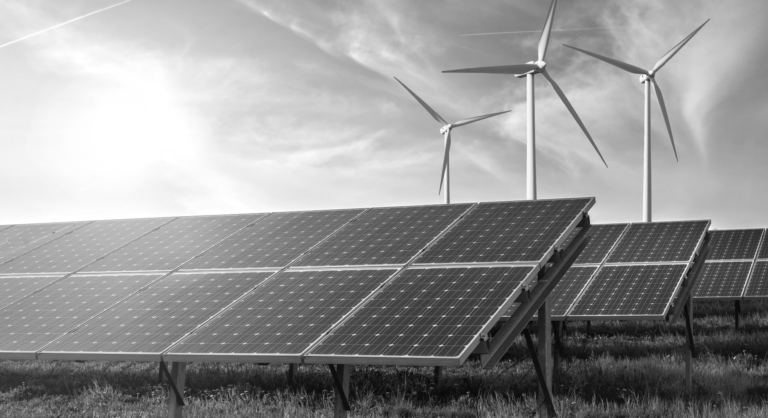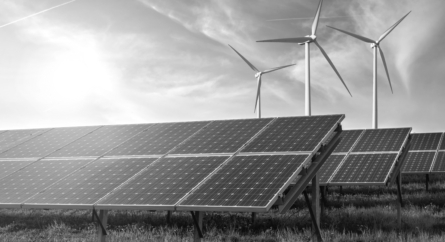Massachusetts Attorney General Disallows Zoning Restraints on Battery Energy Storage Systems
In its September 19, 2023 letter disapproving the Town of Mansfield’s limitation on battery energy storage systems (“Mansfield letter”), under Warrant Article S15 (Zoning) voted at the Wareham Special Town Meeting of April 25, 2022 — Case # 10603, the Massachusetts Attorney General’s Municipal Law Unit emphasized that stand-alone energy storage systems (ESS), including battery energy storage systems (BESS), are protected by G.L. c. 40A, § 3.
The Mansfield letter emphasizes that “ . . . the strong statutory protections for solar installations and related structures such as ESS in G.L. c. 40A, § 3, and the [Supreme Judicial Court’s recognition in Tracer Lane II v. City of Waltham, 489 Mass. 775 (2022)] that large-scale solar and related structures ‘are key to promoting solar energy in the Commonwealth.’”
The Mansfield letter’s reference to Summit Farm Solar v. Planning Board for Town of New Braintree, 2022 WL 522438 (Speicher, J., Feb. 18, 2022) and NextSun Energy LLC v. Fernandes, No. 19 MISC 000230 (RBF), 2023 WL 3317259, at *14 (Mass. Land Ct. May 9, 2023), amended, No. 19 MISC 000230 (RBF), 2023 WL 4156740 (Mass. Land Ct. June 23, 2023), judgment entered, No. 19 MISC 000230 (RBF), 2023 WL 4145901 (Mass. Land Ct. June 23, 2023) (finding that battery energy storage system is entitled to Section 3 solar protections) should alert solar developers and local zoning authorities that absent evidence of a legitimate public health, safety or welfare impact, ESS and BESS limitations will not be approved.
Categorized: Renewable Energy, Zoning
Tagged In: energy storage systems, solar energy, solar protections






